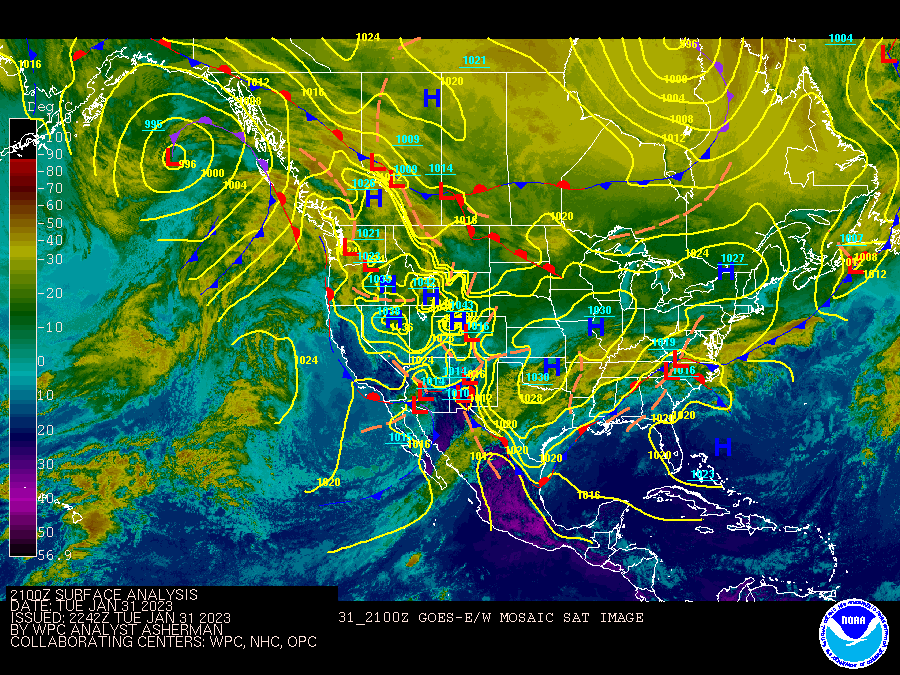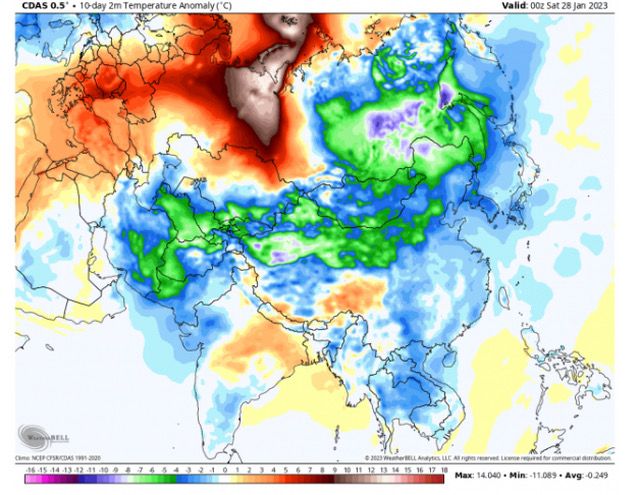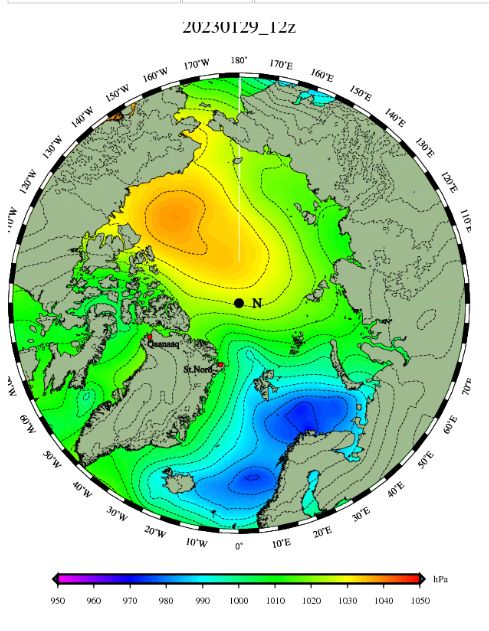There is a growing hubbub locally, regarding a shot of pure arctic air coming straight towards New England. I’m feeling a bit smug, for I have been insinuating as much for two weeks. I’ve been one of those sour old men who scowls when the weather is lovely, and who seems like a wet blanket on any festivities. Sorry about that. But allow me to defend myself.
For one thing, I’m not really scowling. My eyes are just bad. What I’m actually doing is peering. I’m scanning the horizons for thunderheads, because, for the second thing, someone’s got to be on guard while the rest of you party-animals whoop it up. Thirdly, if you really want to bum-out a party, remind everyone that someday we’ll all die. I’d just rather it be later than sooner, so I’m always watching for the next problem, (and the next problem may be that I get thrown out the door.)
Muttering various things about cross-polar-flow and direct-discharge-of-arctic-air may not be a way to be the hit of a party, so I try to do it wearing a lampshade on my head and tap-dancing on a table, which seems to be a TV weatherman’s way of getting attention. But extreme cold can be serious, though it is rare south of the border. People north of the border in Canada, or up in Alaska, know extreme cold can kill, and are less liable to take it lightly.
In New England things have to line up just right, and Hudson Bay needs to be frozen over so its waters don’t warm the winds from Siberia. The winds have to come from the north, so the Great Lakes don’t warm them to the west, and so the Atlantic doesn’t warm them to the east. Also coming straight from the north tends to align them with the north-south undulations of the landscape (which makes rivers run mostly southwards, and lakes like Lake Champlain long and skinny, north to south.) By coming down long valleys the winds avoid bopping over hills, which would have a warming effect and turns cold winds into watered-down, east-coast versions of a west coast Chinook. But, if the winds avoid all warming and meet this north-to-south criterion, they become what old-timers called, “The Montreal Express”.
Often, but not always, such a discharge of arctic air is on the west side of a departing storm system. The current scenario is of the rarer sort, where the outbreak is primarily due to the configuration of an upper air trough.
The chief discussion among meteorologists seems to be whether the Great Lakes can generate enough uplift with their unfrozen waters to make the trough “U” shaped, which will make the discharge less direct, or whether the trough will be “V” shaped, which is most direct and a worst-case-scenario. Then there is a brief but nearly total breakdown of those southern powers that ordinarily keep the north in check, and ordinarily push back against the north. Instead, the north pours south, as if a dam had burst.
It isn’t the cold that kills you as much as it is the wind. A roaring wind can make temperatures behave far colder than they actually are. You can walk about in a minus-ten calm without fear of frostbite, but when winds howl frostbite can occur with nasty speed. And, should you be foolish enough to be caught out in such a wind, with no shelter to flee to, death can soon follow.
For this reason, the local weather bureau is doing its best to scare everyone indoors on Friday night and Saturday. I’d obey, but I’ll have to go out to feed the goat and chickens. You’ll seldom see an old man move faster.
In the meantime, we watch the blob of Siberian cold moving slowly down the west coast of Hudson Bay

And we look at a map that ordinarily might not seem all that threatening

And, to be honest, I’d ordinarily be more worried about that small low over North Carolina coming up the coast and blowing up into a surprise snowstorm, though currently any snow it makes looks like it will be light and stay south of us

But, like I began this post by saying, I’m always scanning the horizons and scowling. Actually I should stop that. Instead I should be praying for survival. We humans are basically hairless creatures designed for warm places like the garden of Eden. How did we wind up in a landscape that wants to kill us?
But then I consider the smallest winter birds: The titmice, juncos, nuthatches, chickadees. How can such minute balls of fluff survive in these bitter blasts? They are not much bigger than spit, yet they survive where spit freezes before it hits the ground.
Cruel winter entertains a kindly mood. I walk at night without a scarf, as eves Drip and icicles shorten. Still, I brood As moon carves bluet sky to dawn. Thaw decieves My skeptic side. Day brings the chickadees Out from hiding, daring to hop on twigs Exposed, though last week a bitter breeze Could have killed them. They flit and do their jigs And sing their lie, "Spring soon," and I wonder How such diminutive fluff balls survive The cold. Did our Great Creator blunder? With winter huge, can small warmth stay alive? Yes, they do, and it fills me with hope For this world's a big chill and I'm a small dope.






























































